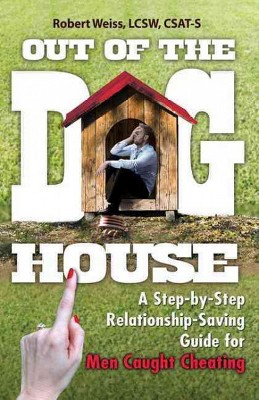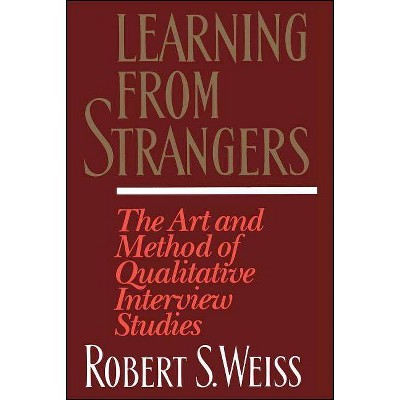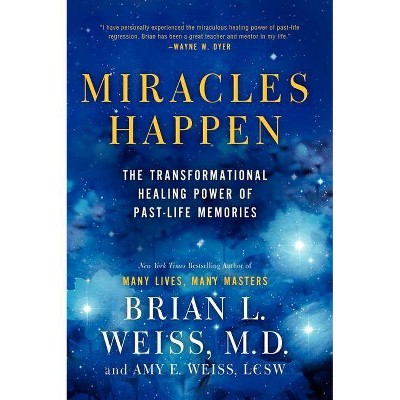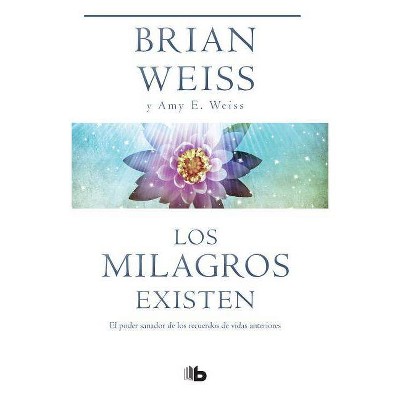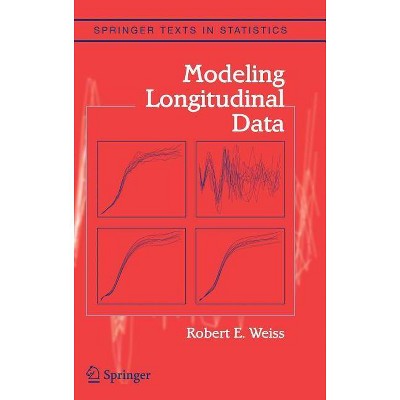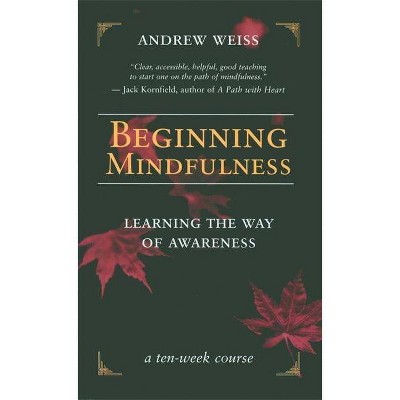Prodependence - by Robert Weiss (Paperback)
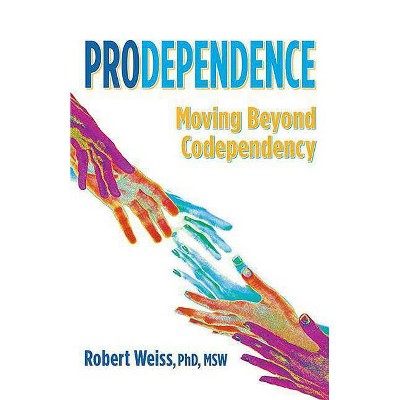
Similar Products
Products of same category from the store
AllProduct info
<p/><br></br><p><b> Book Synopsis </b></p></br></br>Do you love an addict? Do you sometimes feel like <i>their</i> addiction is <i>your</i> fault? Are people calling you codependent? If our treatment toward loved ones of addicts alienates them, it's time we change our approach. <p/> With <i>Prodependence</i>, Dr. Robert Weiss offers us the first fully new paradigm in over 35 years for helping those who love and care for addicts. An attachment-focused model, prodependence recognizes that no one can ever love too much, nor should anyone be pathologized for whomever they choose to love as is often the case. Prodependence informs caregivers how to love more effectively, but without having to bear a negative label for the valuable support they give. When treating loved ones of addicts and other troubled people using prodependence, we need not find something "wrong" with them. Instead, we acknowledge the trauma and inherent dysfunction that occurs when living in relationship with someone whose life is failing and keep moving forward. Validating a caregiver's painful journey for what it is opens the door to support them in useful, non-shaming ways. <p/> Helping people take incremental, positive steps toward intimate healing is what <i>Prodependence </i>is all about!<p/><br></br><p><b> Review Quotes </b></p></br></br><br><i>Prodependence </i>provides a refreshing, empathetic, and practical approach to understanding partners and families of addicts, and how best to help them learn how to handle their difficult situation. Avoiding the classic split between the trauma and codependency models, Weiss uses the framework of <i>attachment theory</i> to avoid blaming partners and pathologizing their behavior. Instead, he validates and reframes their efforts and provides techniques for helping them heal, improve their self-care, set appropriate boundaries for their own behavior, and deal with their challenges. This beautifully written book is must-reading for all those who love an addict, as well as all mental health professionals. <b>--</b><b>Jennifer Schneider, MD, </b> author of <i>Back from Betrayal: Recovering from the Trauma of Infidelity</i><br><br>At last, a therapist who understands the power of love. Bravo, Robert Weiss! Rather than judging the caregivers of addicts as codependents with pathologies of their own, Weiss recognizes them as normal, mentally healthy men and women with a deep and unconditional love for their addicted partner or family member. He celebrates emotional dependence, and he offers nonjudgmental support and guidance for navigating the difficult landscape of relationship with an addict. By coming from a positive perspective, his concepts offer hope instead of despair for those living in crisis. And as a bonus, it's a fascinating read about the evolution of the recovery movement, and the importance of human kindness and connection in healing. <b>--Helen Fisher, PhD, </b>bestselling author of <i>Why We Love, Anatomy of Love, </i>and <i>Why Him? Why Her?</i><br><br>First there was codependence, then there was the trauma model. Now we have prodependence--the evolution of empowerment for partners, families, and others affected by the addiction or illness of someone they love. Bravo, Rob Weiss, for crossing the next frontier in addiction attachment-systems theory and extending us an invitation and detailed map of how to join him there. With fresh ideas and crisp writing, Weiss distills decades of experience into a compassionate call to action. There is a new and better way to support those whose lives are affected by an addict, and it's called prodependence. --<b>Staci Sprout, LICSW, CSAT</b>, author of <i>Naked in Public: A Memoir of Recovery fromSex Addiction and Other Temporary Insanities</i><br><br>Removing codependence and addiction from the list of diseases that afflict humankind and seeing their cause as responses to overwhelming life conditions rehumanizes those who suffer--both addicts and those who love them. This approach rightly acknowledges them as co-participants in the human journey rather than objects of analysis and treatment. In <i>Prodependence</i>, Robert Weiss has not only created a new term but has also boldly challenged the cultural practice of negatively labeling those in service to others. He shows that by doing so, we devalue their selfless efforts and amplify their suffering. This groundbreaking book is a call to awaken from the old way of thinking to find new and positive methods. We recommend it to all mental-health providers and to those whose mental health will improve by reading it.'<b>--Harville Hendrix, PhD and Helen LaKelly Hunt, PhD, coauthors of <i>Getting the Love You Want</i> and <i>The</i> <i>Space Between</i></b><br><p/><br></br><p><b> About the Author </b></p></br></br><b>Robert Weiss, PhD, MSW, </b> is an expert in the treatment of adult intimacy disorders and related addictions, most notably sex/porn/relationship addictions along with co-occurring drug/sex addiction. A clinical sexologist and practicing psychotherapist, he is the chief clinical officer of Seeking Integrity and frequently serves as a subject matter expert for major media outlets including CNN, HLN, MSNBC, OWN, NPR, <i> The New York Times, </i>and<i> The Los Angeles Times</i>. Weiss is the author of <i>Prodependence, Out of the Doghouse, Sex Addiction 101</i>, and <i>Cruise Control</i>, among other books. He blogs regularly for <i>Psychology Today</i> and <i>Psych Central</i>. His podcast, <i>Sex, Love, & Addiction</i>, is rated as a Top 10 Addiction Podcast for 2019. Weiss routinely provides training to therapists, hospitals, psychiatric organizations, and even the US military. He has created and overseen nearly a dozen high-end addiction and mental health treatment facilities across the globe.
Price History
Price Archive shows prices from various stores, lets you see history and find the cheapest. There is no actual sale on the website. For all support, inquiry and suggestion messages communication@pricearchive.us

